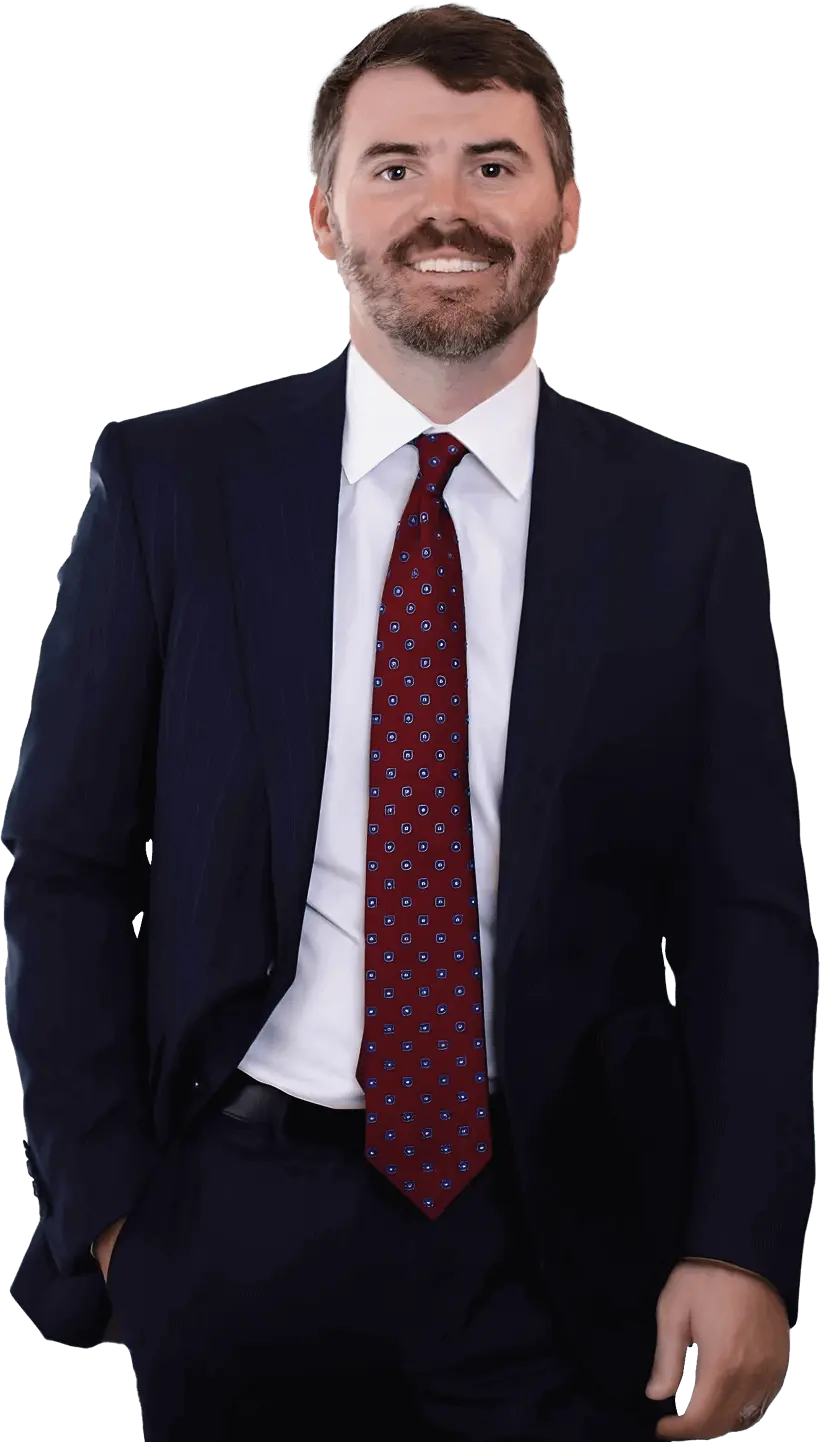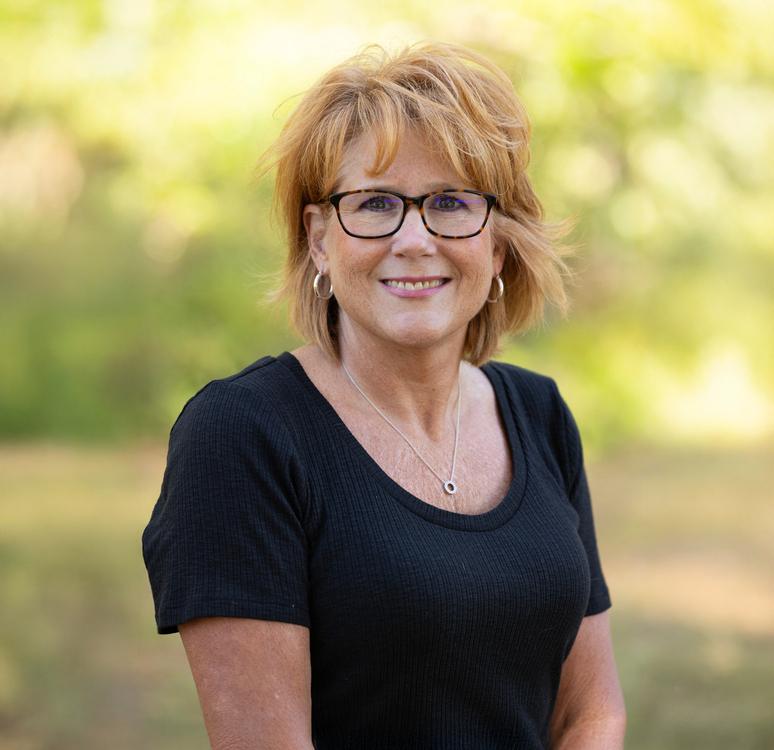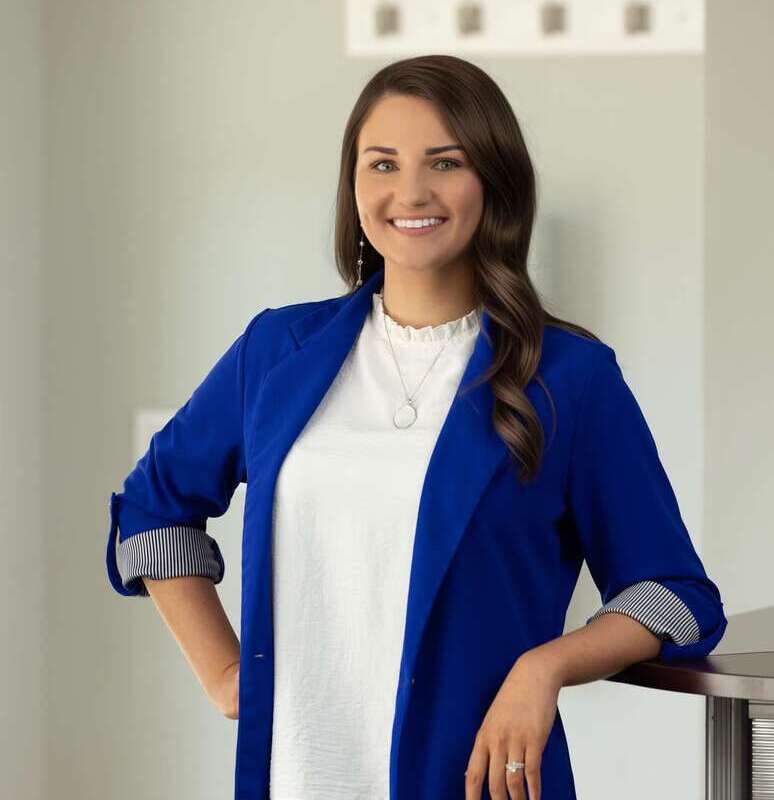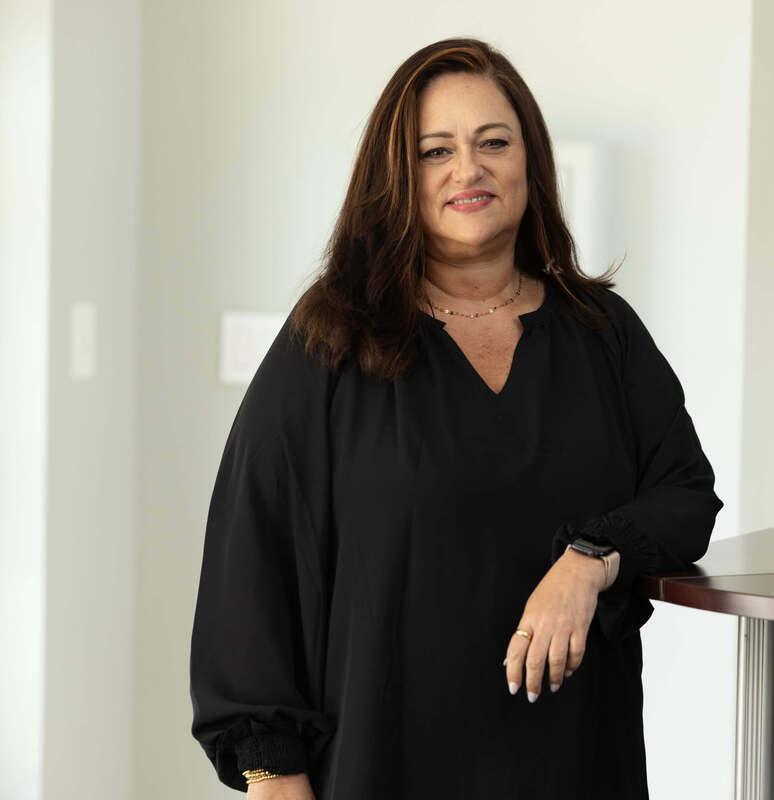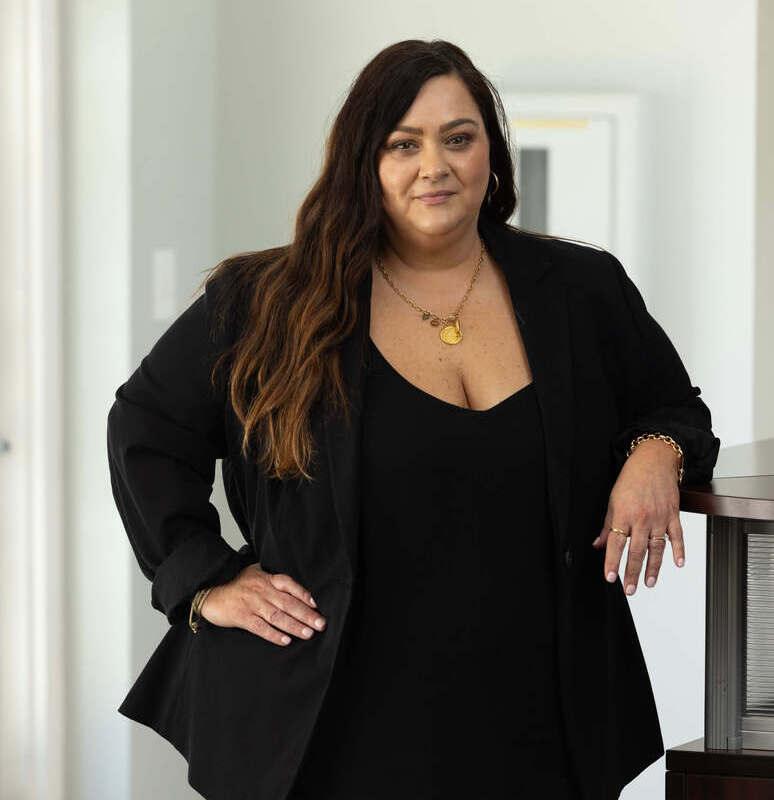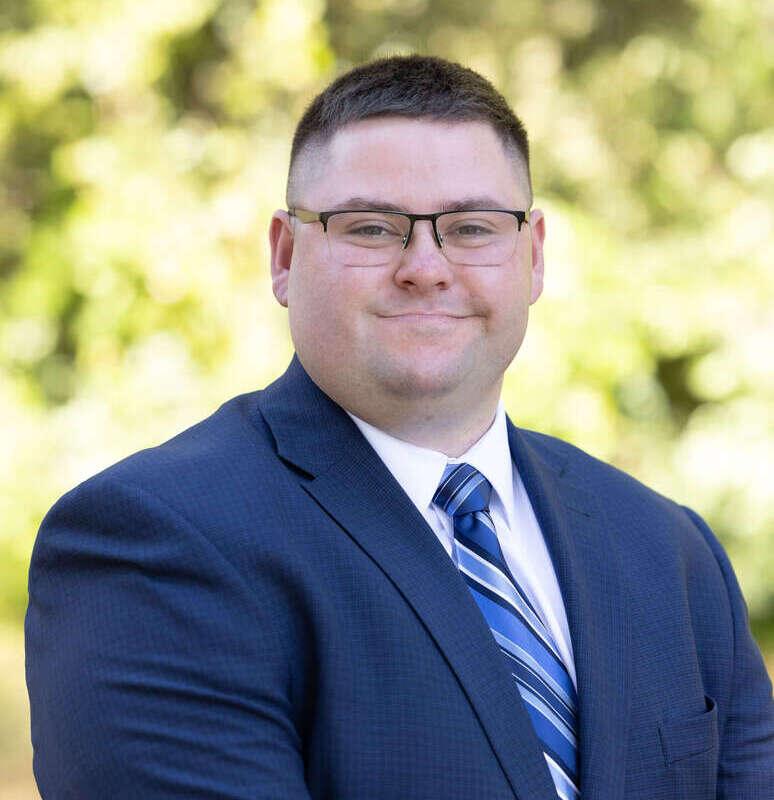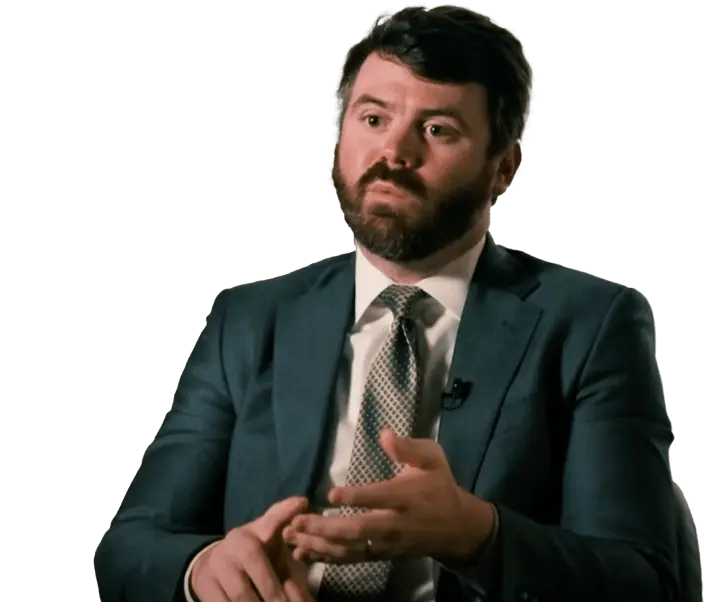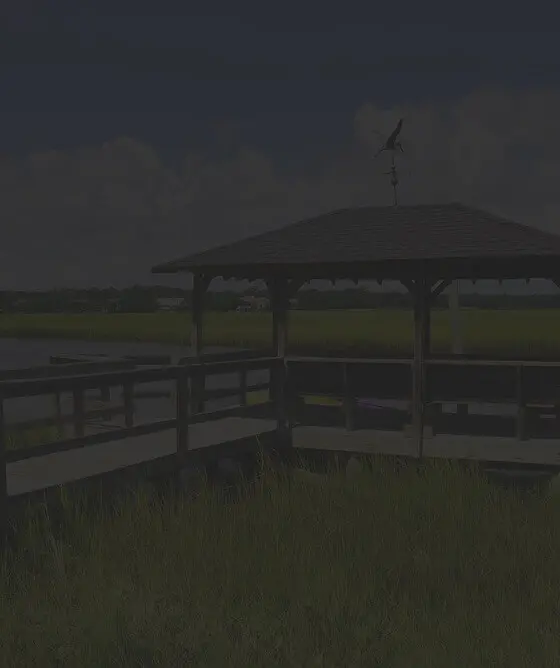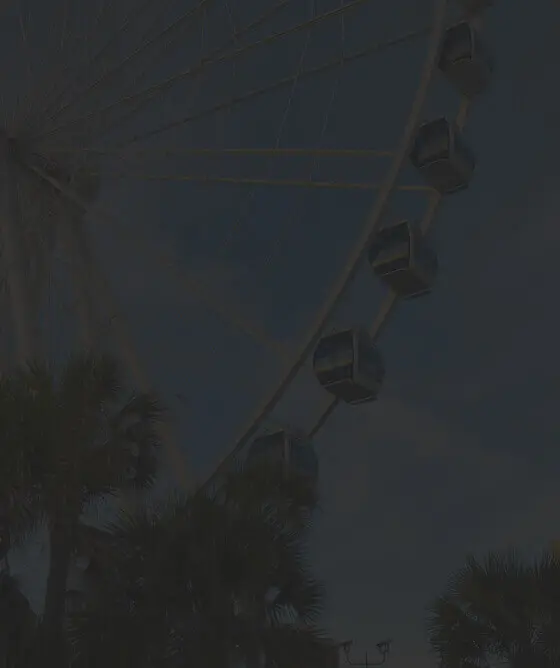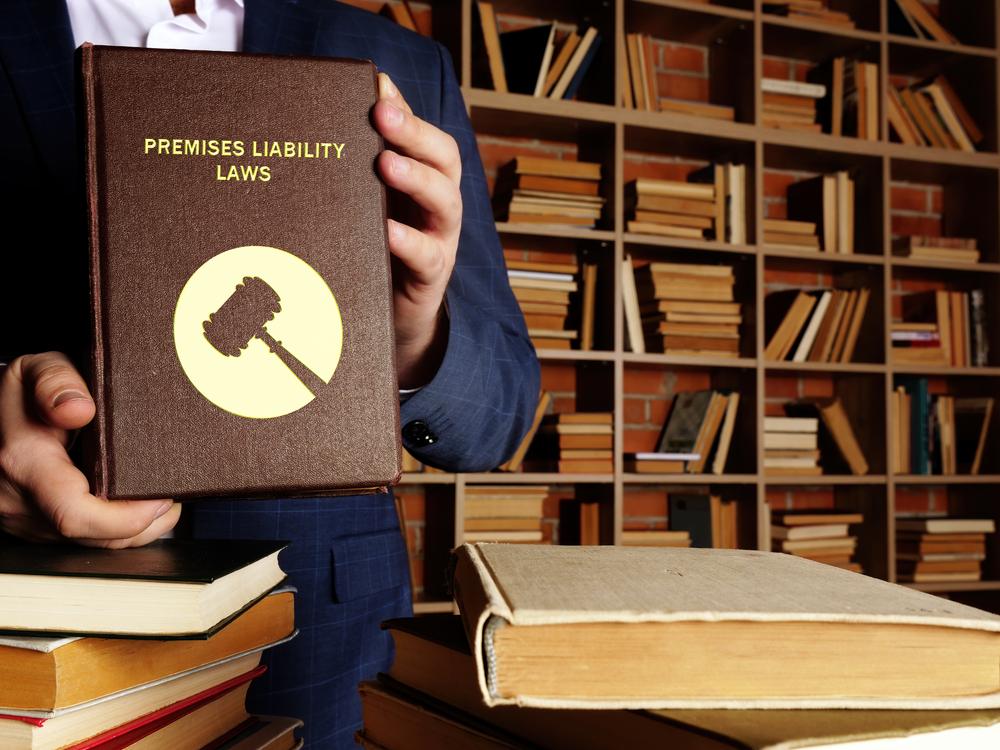
Accidents happen every day, but when they occur on someone else’s property due to unsafe conditions, you may be entitled to compensation under premises liability law. Understanding what premises liability is and who can be held responsible is essential for protecting your rights after an injury.
In this article, we’ll break down the basics of premises liability, discuss common types of cases, and explain how a skilled premises liability attorney can help you secure justice.
What Is Premises Liability?
Premises liability is a legal concept that holds property owners and occupiers accountable for maintaining a safe environment for visitors. When someone is injured due to unsafe conditions on a property, the owner or occupier may be liable if they failed to address or warn of those hazards.
Premises liability laws apply to both private and public properties, including:
- Residential homes
- Apartment complexes
- Retail stores
- Restaurants
- Hotels
- Office buildings
- Parks
- Parking lots
Key Elements of a Premises Liability Case
To succeed in a premises liability claim, you must prove the following elements:
1. Duty of Care
The property owner or occupier owed you a duty of care to ensure the premises were reasonably safe. This duty varies based on your status as a visitor:
- Invitees: Customers or guests invited onto the property for business or other purposes. Property owners owe them the highest duty of care.
- Licensees: Social guests or others allowed on the property for non-business reasons. The owner must address or warn of known hazards.
- Trespassers: Individuals who enter without permission. While property owners generally owe no duty to trespassers, exceptions exist (e.g., for children).
2. Breach of Duty
You must show that the property owner failed to meet their duty of care by neglecting to repair, remove, or warn of hazardous conditions.
3. Causation
The unsafe condition on the property must have directly caused your injury.
4. Damages
You must demonstrate that you suffered actual harm—such as medical expenses, lost wages, or pain and suffering—as a result of the accident.
Common Types of Premises Liability Cases
Premises liability covers a wide range of accidents and injuries. Here are some of the most common types of cases:
1. Slip and Fall Accidents
Slippery floors, uneven surfaces, or poorly maintained walkways can lead to slip-and-fall accidents, one of the most common premises liability claims.
2. Negligent Security
Property owners must provide adequate security measures, such as proper lighting, working locks, or security personnel, to protect visitors from criminal activity.
3. Dog Bites and Animal Attacks
Pet owners may be held liable if their animal injures someone on their property, especially if the animal had a known history of aggression.
4. Swimming Pool Accidents
Pools pose significant risks, especially for children. Property owners must follow safety regulations, such as installing fences or providing warnings.
5. Fire or Electrical Accidents
Defective wiring, inadequate fire exits, or other hazards can cause serious injuries, making the property owner responsible.
6. Falling Objects
In retail stores or construction zones, improperly secured items can fall and injure visitors.
7. Toxic Exposure
Exposure to harmful substances like mold, asbestos, or hazardous chemicals may lead to premises liability claims.
Who Is Responsible in a Premises Liability Case?
Determining liability in a premises liability case depends on several factors:
1. Property Owners
Owners are typically responsible for maintaining a safe environment. If they fail to address hazards or warn visitors, they can be held liable.
2. Tenants or Occupiers
In cases where the property is rented, the tenant or occupier may bear responsibility for maintaining safe conditions, depending on lease agreements.
3. Businesses
Companies operating on a property must ensure the safety of customers and employees. For example, a retail store must clean up spills promptly and provide clear signage for wet floors.
4. Government Entities
Public property, such as parks or sidewalks, falls under the jurisdiction of government agencies. Filing a claim against a government entity involves specific procedures and deadlines.
How a Premises Liability Attorney Can Help
Premises liability cases can be complex, requiring a thorough investigation and a strong understanding of local laws. An experienced attorney can:
- Evaluate Your Case: Determine if you have a valid claim and the potential value of your damages.
- Gather Evidence: Collect photos, witness statements, medical records, and incident reports to build your case.
- Negotiate with Insurance Companies: Handle communication and fight for a fair settlement.
- Litigate if Necessary: Represent you in court if a fair settlement cannot be reached.
Why Choose Hopkins Law Firm for Your Premises Liability Case?
At the Hopkins Law Firm, we have years of experience helping injury victims in South Carolina recover compensation. We understand the challenges of premises liability cases and will fight tirelessly to hold negligent property owners accountable.
Here’s why clients trust us:
- Personalized Attention: We treat every case with care and dedication.
- Proven Results: Our team has recovered substantial settlements and verdicts for injured clients.
- No Fees Unless You Win: Our contingency fee structure means you pay nothing upfront.
Contact Hopkins Law Firm Today
If you’ve been injured on someone else’s property, don’t wait to take action. Premises liability claims are subject to strict deadlines, so it’s essential to consult an attorney as soon as possible.
Call the Hopkins Law Firm today or fill out our online form for a free consultation. Let us help you get the justice and compensation you deserve.
